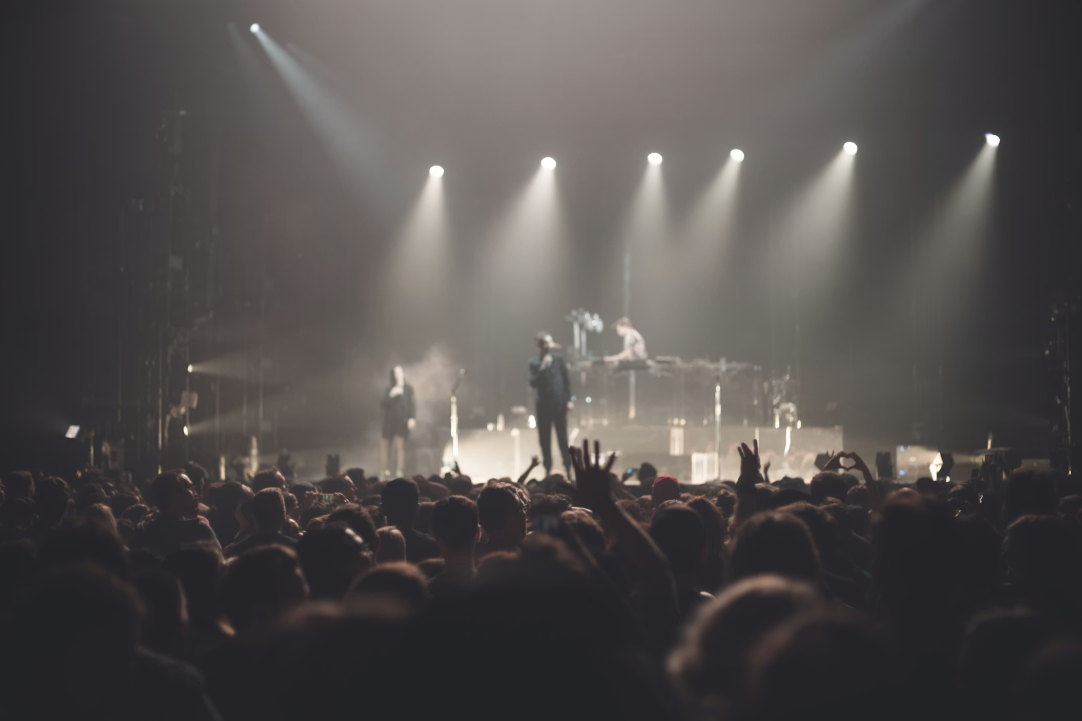A sunny Sunday morning brimming with optimism didn’t feel like the appropriate time to be watching Mohamed Jabaly’s harrowing film which follows an ambulance crew around the streets of Gaza City in summer 2014; but as the film progressed I realized there is of course never an ideal time to be so unapologetically presented with the images human despair that this film depicts.
The documentary style film illustrates a then 23-year-old Jabaly’s experience of the 50-day Gaza war in the summer of 2014. Although primarily it focuses on his experiences following the ambulance crew, the opening frames depict the frantic aftermath of a bombing of one his neighbor’s house. Rubble and dust cover every surface, and while curtains flap menacingly in the wind hundreds of men (both official and civilian) immediately begin combing the flattened concrete for the bodies of the injured. Minutes ago, this was a family home. Although I feel this isn’t necessarily a new image to what is shown in the news media, here we have such an extended look at each rescue mission, of each person, that it is impossible to switch it off or look away.
This personalization is what Jabaly achieves with this film. While there’s his reflective voiceover drawing the audience through the warzone, contextualizing events that seem incomprehensible, there also emerges a cyclical motif which frames each of the ambulance’s patients. The crew drive out, they collect bodies, the race back to the hospital and fight their way through the pack of photographers and eventually clean the ambulance of the debris of the evening. Each trip has its own protagonist, the man whose fragmented tibia is abandoned on the pavement, the unconscious 9-year-old boys who were hit by a rocket after playing football on a beach; even the steely ambulance driver Abu Marzouq (obviously held in the highest esteem by Jabaly) is suspected to be mortally injured at one point. This violence and despair, which we expect from the setting of this film is interspersed with instances of resilience and unimaginable faith in Mohamed’s peers.
His ability to tie the emotions of others within his own overarching narrative, in which we see him struggle to come to terms with the situation surrounding him, creates a sense of community. Instead of using this platform to place political blame, he focuses on the complexity of human feeling that surround the grueling blitz of Gaza that summer. This enables the audience to empathize and to some small extent understand the emotional, physical, and economical loss felt. What is more, it helped me grasp how unbelievably lucky I am.
10/10
Review by Lucy Sanderson


